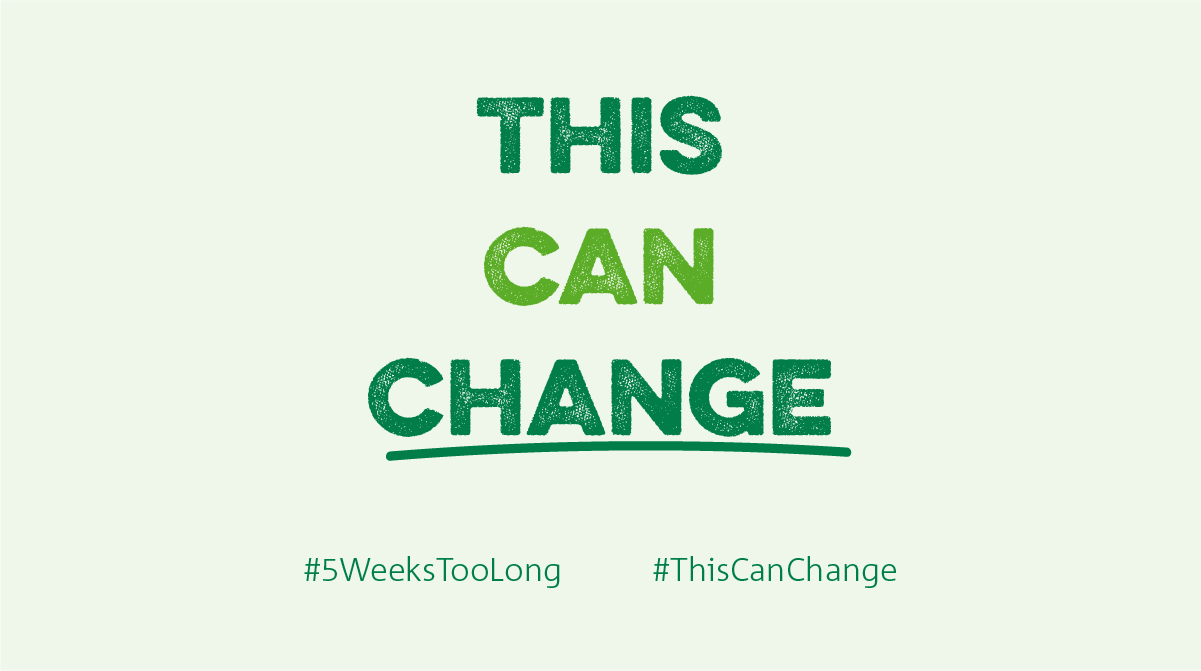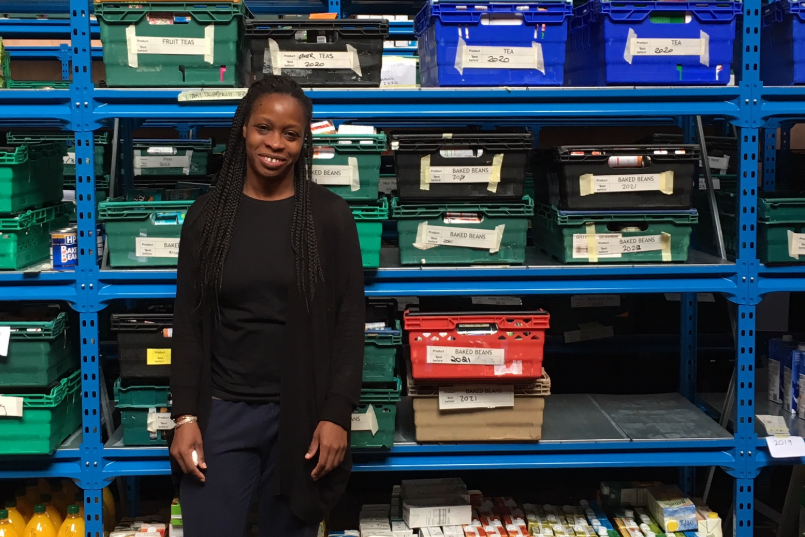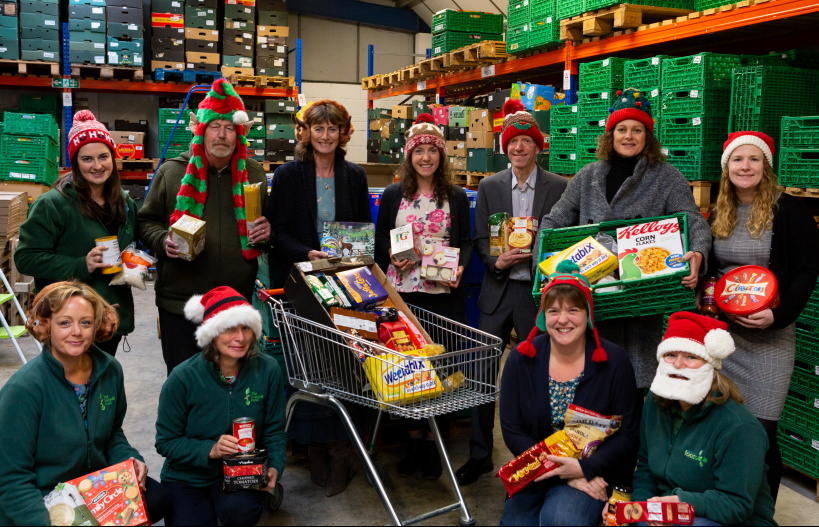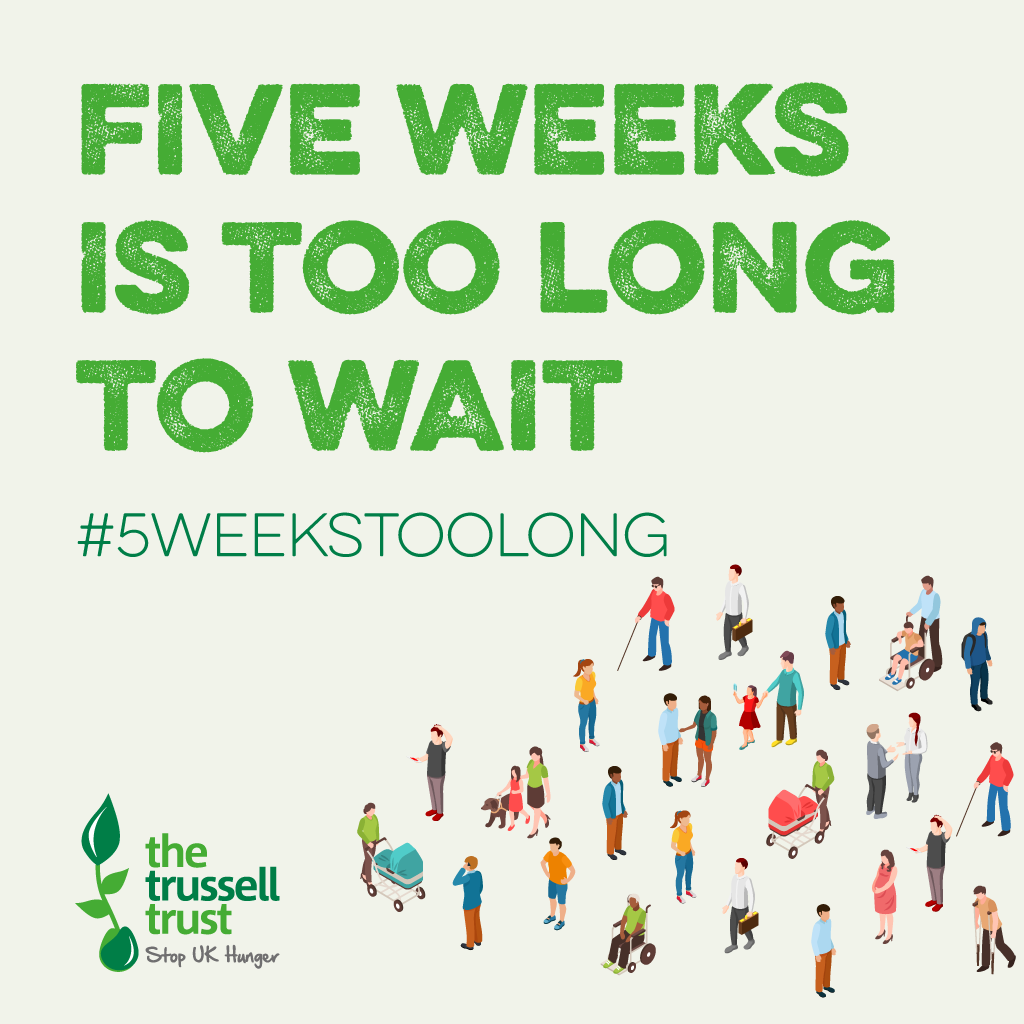A blog post by
Jake McKey
Policy & Public Affairs Officer
As part of its campaign to reform Universal Credit, the National Landlords Association (NLA) is now working with the Trussell Trust to end the five-week wait.
Together, we’re issuing a stark warning to the Government that the policy is an unnecessary feature of a system pushing more and more families into debt and hunger, further damaging their chances of having a stable tenancy in the private rented sector (PRS).
Figures from the NLA highlight that arrears and debt are becoming part of the grim reality of private renting for Universal Credit tenants as 86 percent of landlords letting to tenants on Universal Credit experienced rent arrears in the last 12 months.
Not only is the frequency of rent arrears high, but our research has found that with such a high incidence, the average amount of rent arrears for tenants has progressively increased.
The average amount owed is now £2,105, but this increases dramatically for Universal Credit claimants, to £3,842.
When contrasted with the latest HomeLet rental index, which found the average UK rent now stands at £941, this means that Universal Credit tenants now owe on average over 4 months’ worth of rent arrears.
This far surpasses the minimum 2-month arrears for which tenants could be evicted under a section 8 notice for breach of contract. This is a situation in need of urgent change.
But the five-week wait and arrears are not the only factors for many landlords in the private rented sector.
Additional administrative failures and delays within the system compound the already lengthy five week wait, with the NLA having found some members dealing with tenants who have had to wait up to 12 weeks to receive payment.
In circumstances such as this, many claimants have no choice but to take out advances in order to support themselves, which leaves both landlords and tenants with no choice but to take on additional debt in order to cover their costs, resulting in a situation that works for no one.
Unsurprisingly, the resulting and enduring difficulties faced by both landlords and tenants have created a particularly negative culture change in the sector towards tenants receiving benefits.
With recent NLA research finding that only two in ten landlords would house tenants on Universal Credit, down from 35 percent in early 2013, and debt and poverty continuing a downward trajectory, the Government must take decisive action.
As well as the negative impact in a business sense, the five week wait and growing debt has the tangible human consequence of increased food bank usage and hunger.
Trussell Trust research shows a 52 percent average increase in food bank use in areas that have had Universal Credit for 12 months compared to 13percent in areas that have not. If hunger is to be ended in the UK, families must have enough money year-round and a vital component of this is resolving the longstanding issues within Universal Credit.
Together with the Trussell Trust, we’re calling on the Government to take action to create a system that works for tenants and landlords, including:
Ending the freeze on Housing Benefit rates. The lack of availability of social housing has meant many of the most vulnerable in society are seeking homes in the private rented sector, leaving them vulnerable to rising market rents with the level of benefits paid for housing frozen since 2016. This longstanding freeze has meant the housing element of Universal Credit is simply insufficient for many tenants to cover their rent, eating into costs for other essentials.
Tackling both intentional and unintentional delays and gaps in benefits. Alongside the built-in five-week wait, many administrative delays with processing claims further compound families’ ability to afford essentials. This has still not been treated as a priority by the Government and an inquiry into the internal workings of Universal Credit needs to be made in order to prevent further administrative delay.
This is why the NLA is joining the Trussell Trust and more than 40 other leading charities and organisations in supporting the #5WeeksTooLong campaign.
If the Government is serious about making Universal Credit a success and reversing the continuing negative trends born of poor policymaking and implementation, then it needs to take action and provide immediate relief for thousands of people and families across the UK by ending the five week wait for a first Universal Credit payment, the main driver of increased hunger and foodbank usage.
Read more







